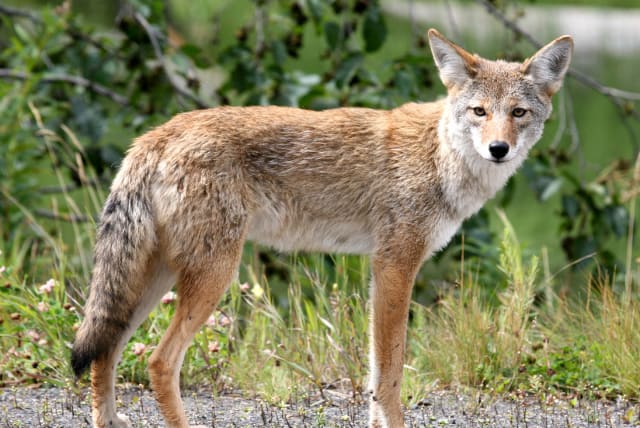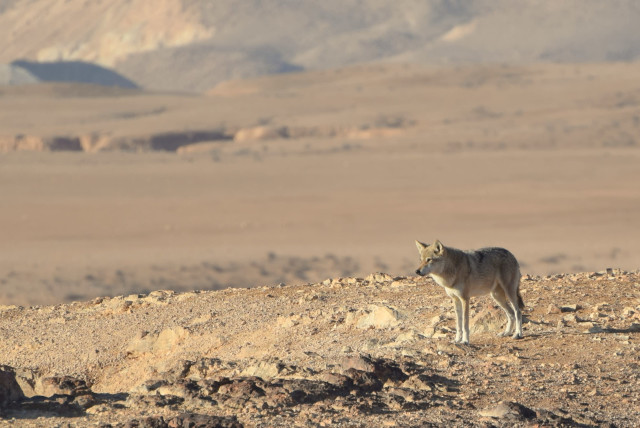Human shield: Some animals use people to ward off larger predators, study finds

Researchers say the "human shield" effect is responsible for this behavioral phenomenon.
Mesopredators (medium-sized predators) are confirmed to use human activity to ward off large carnivores, despite humans posing more of a danger to them.
A new peer-reviewed study on the behavior of mesopredators in rural Washington, United States, showed that they can tolerate a greater density of human activity if larger carnivores are present. This is despite the fact that humans are three times as deadly to mesopredators as large carnivores are.
Subordinate species using human activity to protect themselves from predators is a phenomenon called the "human shield" effect. It has been observed in ungulates (deer, antelope, horse, etc...) and mesopredators, although as mentioned previously humans are often more of a danger to them than their natural predators.
Humans can present many dangers, intentional and not. Human activities such as hunting, trapping, and motorized vehicles can all be causes of death for these animals in human areas.
The study measured bobcat and coyote activity against wolf and cougar activity in the same areas. Coyotes strongly preferred to be in areas with higher human activity when large carnivores were present, especially wolves. Bobcats also preferred areas of higher human activity when large carnivores were present although not as strongly.
Researchers explained that mesopredator behavior is antithetical because the behavior which leads to a reduction in mortality from large predators increases mortality from human activity.
This may be due to the animals' inability to properly gauge danger from human activity, for example, animals may know the danger from traps but may not associate them with humans due to humans not being present at the time of their activation.
Benefits of the 'human shield' effect
While the human shield effect offers the animals increased mortality due to human activity, researchers are still unsure if this will have long-term effects on population numbers. This is due to the increased opportunities human activity presents, areas of human activity also contain greater resources refuse, livestock, and crops, these benefits may offset the increased danger.
Researchers caution that more research must be done to reach a conclusion due to most research occurring within the context of wildlife reserves and nature parks, which are protected from human activity.
Jerusalem Post Store
`; document.getElementById("linkPremium").innerHTML = cont; var divWithLink = document.getElementById("premium-link"); if (divWithLink !== null && divWithLink !== 'undefined') { divWithLink.style.border = "solid 1px #cb0f3e"; divWithLink.style.textAlign = "center"; divWithLink.style.marginBottom = "15px"; divWithLink.style.marginTop = "15px"; divWithLink.style.width = "100%"; divWithLink.style.backgroundColor = "#122952"; divWithLink.style.color = "#ffffff"; divWithLink.style.lineHeight = "1.5"; } } (function (v, i) { });

